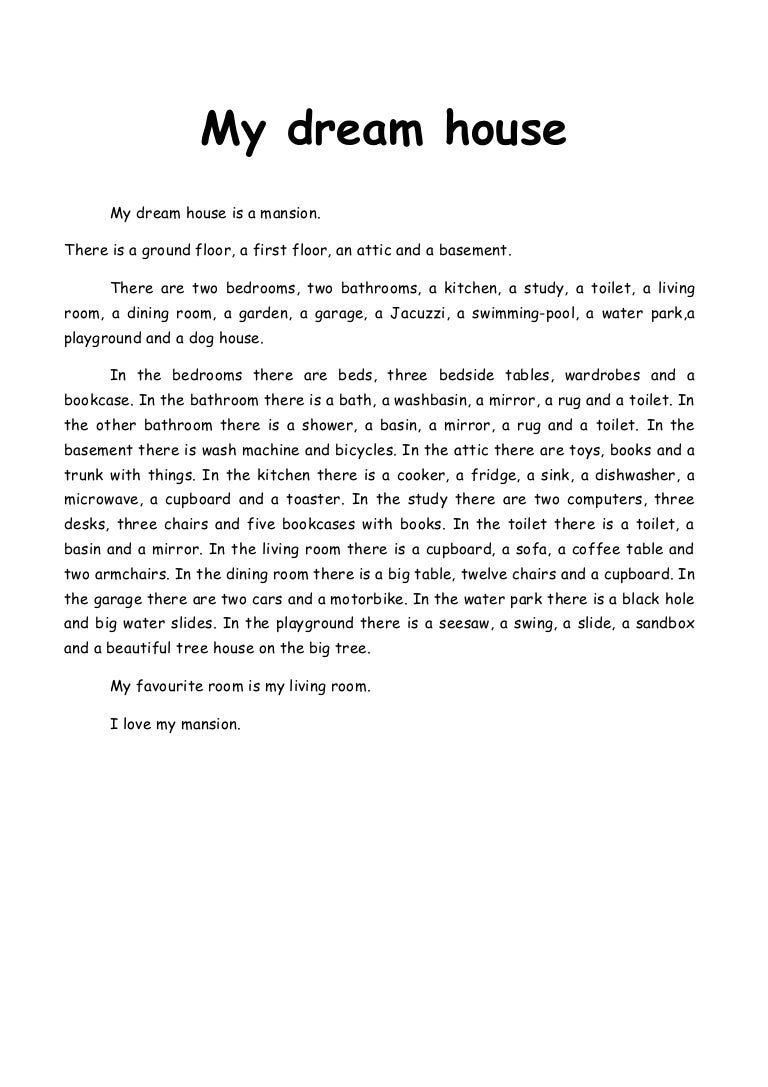
The CDC acknowledged, in its 2010 survey of intimate partner violence, that “Little is known about the national prevalence of sexual violence, stalking, and intimate partner violence” amongst LGBTQ couples. The prologue of Carmen Maria Machado's memoir, In the Dream House, defines the concept of archival silence: “sometimes stories are destroyed, and sometimes they are never uttered in the first place either way something very large is irrevocably missing from our collective histories.” Queerness itself has been left out of the narrative for much of history, and even now, as Machado notes, abuse in queer relationships is still a largely untold story. Maybe you start to wonder whether you do, in fact, exist. In these narratives, people learn and grow, win and lose, hurt each other, reconcile.īut what happens when you’re left out of the story, even your own story, altogether? Maybe you feel somehow wrong or impossible, or invisible, even to yourself. About themselves, about others, about the way the world works. Relationships tell stories, especially as they end: who is the hero, who is the victim, who is the villain? People tell stories, too.

Societies tell stories about power and freedom, who deserves them, and why.


 0 kommentar(er)
0 kommentar(er)
